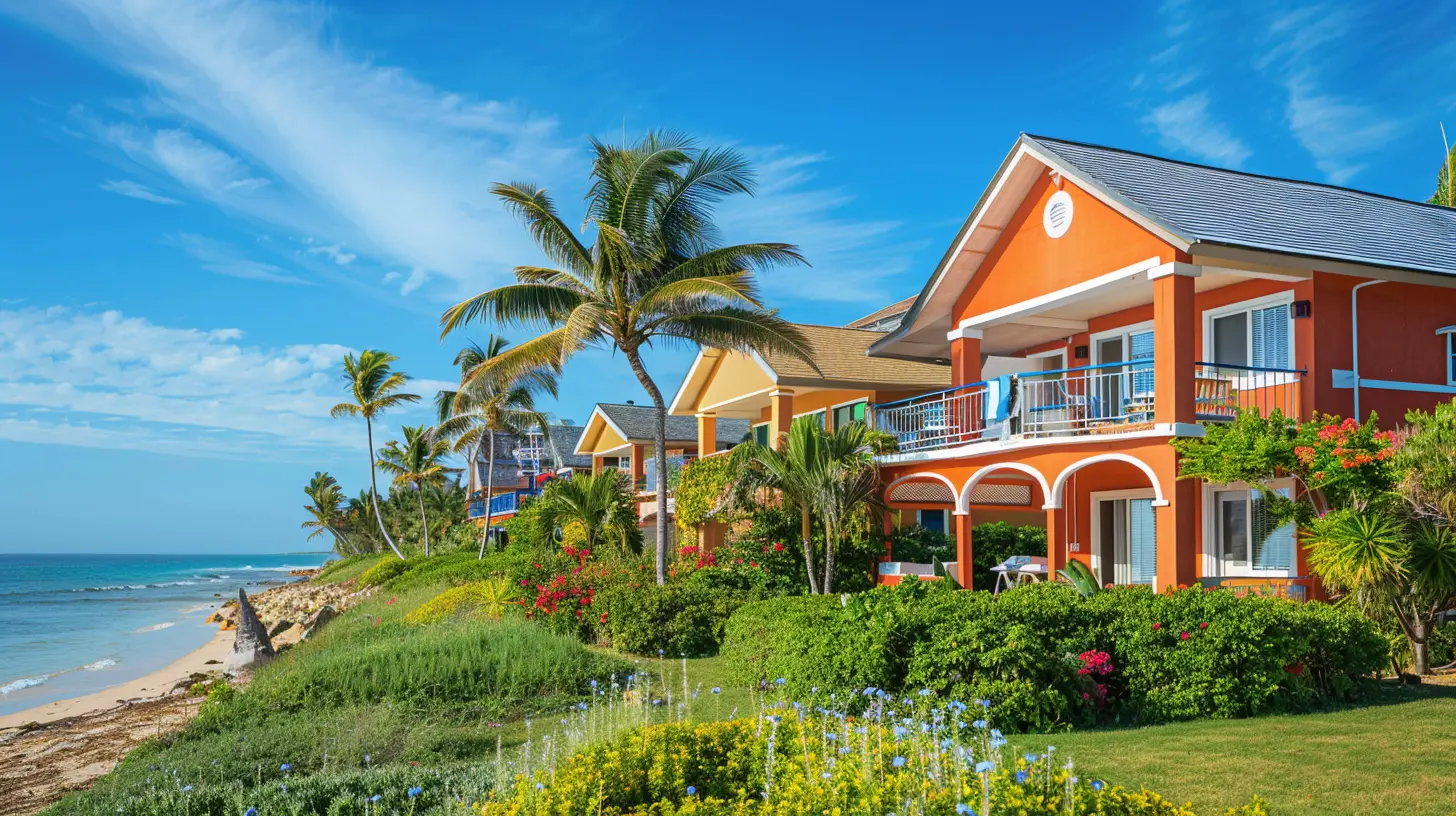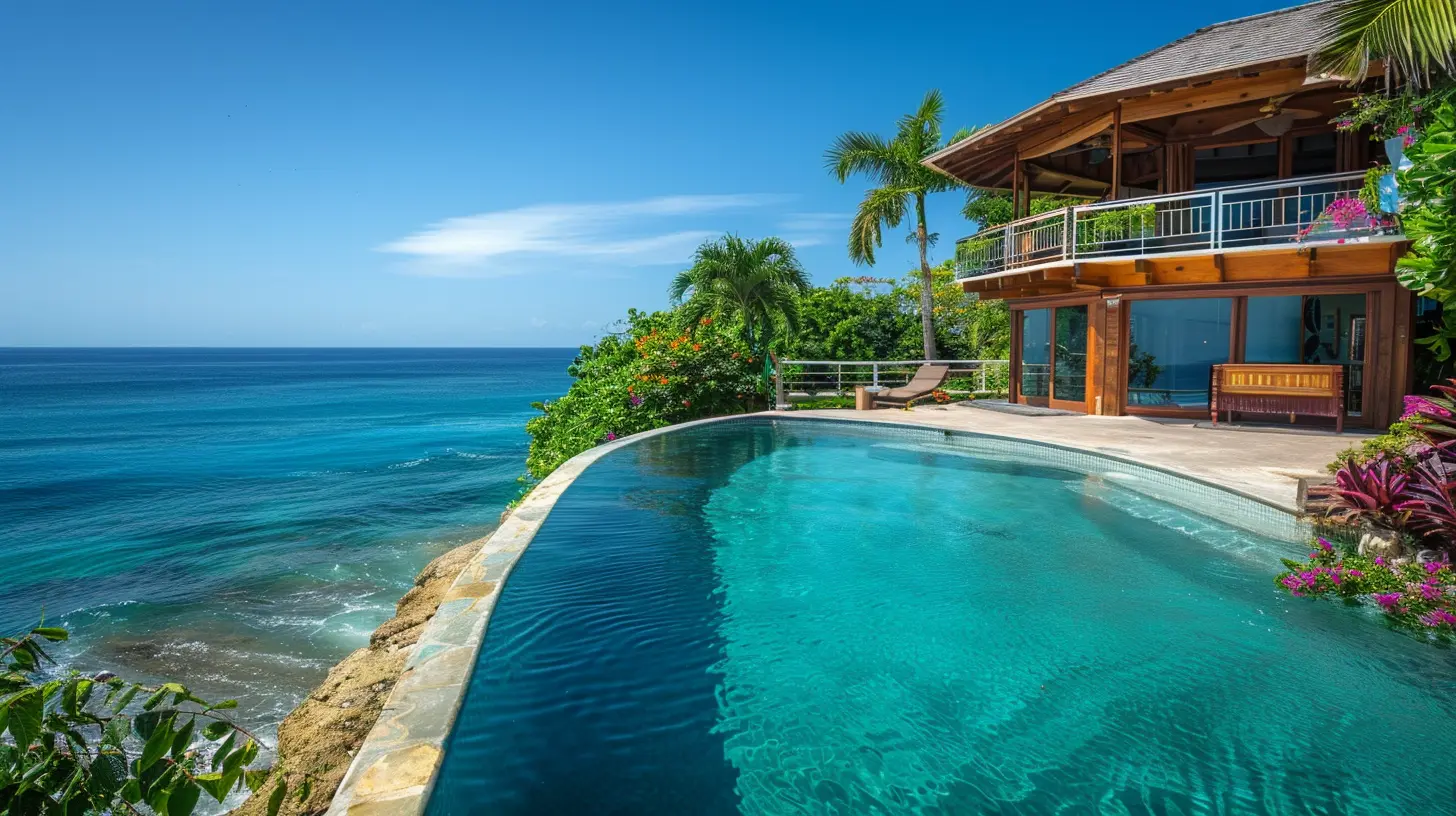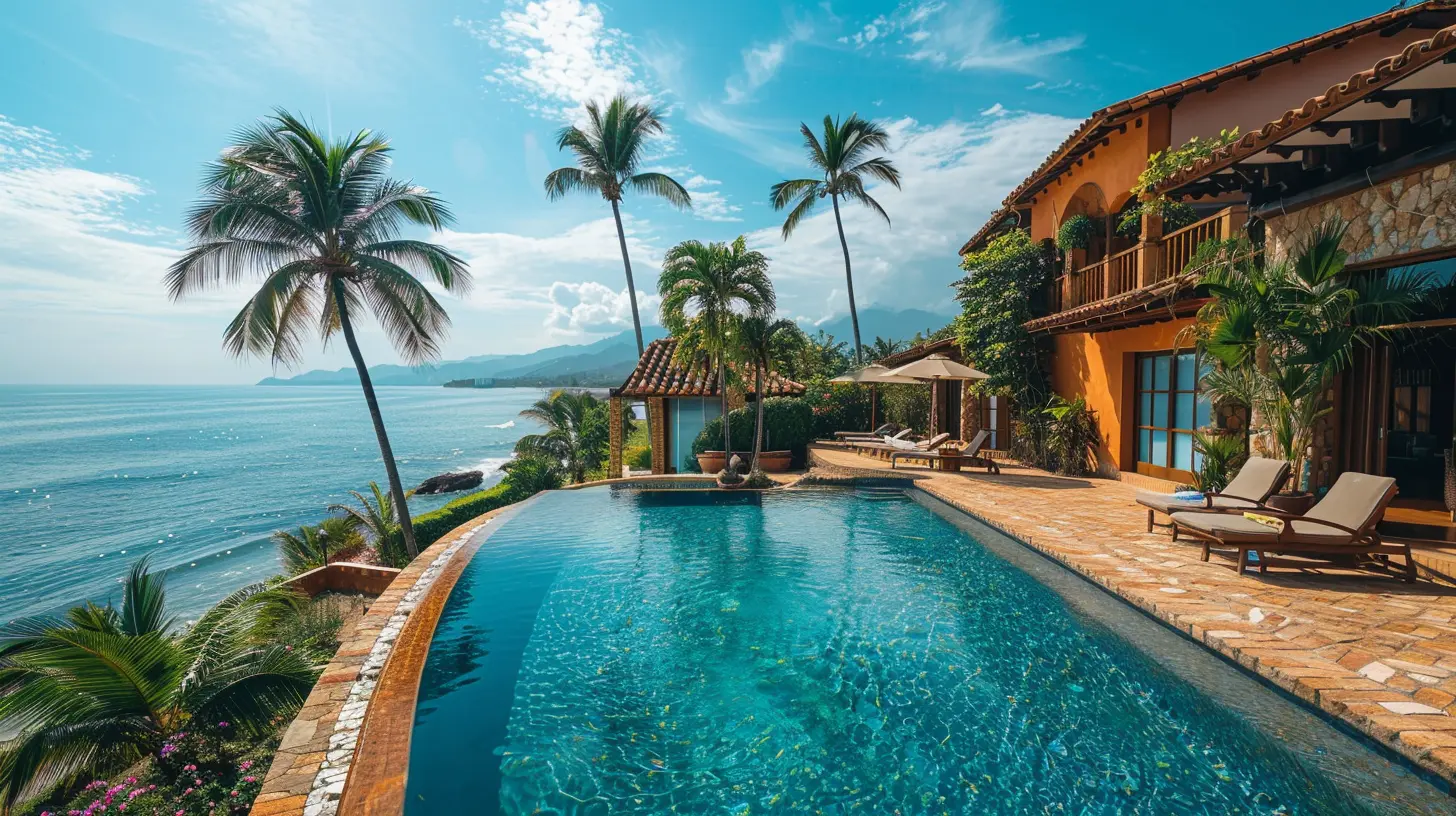Pros and Cons of Timeshares Versus Vacation Home Ownership
14 June 2025
Who doesn’t dream of having their own little slice of paradise? Whether it's a beachside condo, a cozy mountain cabin, or a lakeside retreat, the idea of a second home is incredibly appealing. But when it comes to vacation properties, you generally have two main options: a timeshare or outright vacation home ownership.
Both have their perks and pitfalls—it all depends on your budget, lifestyle, and long-term plans. Let’s dive in and break down the pros and cons of timeshares versus vacation home ownership. 
What Is a Timeshare?
A timeshare is a property that multiple people co-own and have the right to use for a fixed or rotating period each year. Instead of buying the entire home, you purchase a share of it, usually entitling you to one or two weeks of use annually.Most timeshares are located in resorts, offering hotel-like amenities such as housekeeping, pools, and on-site dining.
Pros of Timeshares
✅ Lower Upfront Costs
Compared to purchasing a vacation home outright, timeshares usually have significantly lower initial costs. Instead of spending hundreds of thousands (or even millions) on a vacation home, you can spend a fraction of that for guaranteed access.✅ Little to No Maintenance Hassles
Since timeshares are managed by a company, you don’t have to worry about upkeep, repairs, or even cleaning. Your only responsibility is showing up and enjoying your vacation.✅ Resort-Style Amenities
Many timeshares are in high-end resorts, meaning you get access to pools, gyms, golf courses, and spas without additional cost. Some even come with concierge services and planned activities.✅ Exchange Programs Add Flexibility
Own a timeshare in Florida but want to visit Hawaii this year? Many timeshare companies allow owners to exchange their weeks for stays at other locations, adding variety to your vacations.Cons of Timeshares
❌ Limited Usage
You only get access to the property for a set period each year. If your schedule is unpredictable or you like spontaneous trips, a timeshare might feel too restrictive.❌ Ongoing Maintenance Fees
Timeshares come with annual maintenance fees, which can rise over time. These fees are mandatory, even if you don’t use your timeshare that year.❌ Difficult to Sell
Unlike real estate, timeshares often depreciate in value. Many owners find it challenging to sell or even give away their shares due to low demand.❌ Lack of Control
You don’t truly own the property—you own usage rights. That means you have little say in upgrades, changes, or decisions made by the management company.
What Is Vacation Home Ownership?
Buying a vacation home means you own the entire property outright. It’s yours to use whenever you want, rent out, or sell as an appreciating asset.Pros of Vacation Home Ownership
✅ Full Control
You decide when to visit, how to furnish it, and how to maintain it. You also have complete freedom to renovate, redecorate, or even expand.✅ Rental Income Potential
Unlike timeshares, a vacation home can generate income when you’re not using it by renting it out on platforms like Airbnb or Vrbo. This can help offset mortgage and maintenance costs.✅ Appreciation & Investment Value
Real estate typically appreciates over time. If the market is strong, your vacation home could increase in value, making it a potentially lucrative investment.✅ No Restrictions on Usage
Visit as often as you like, stay as long as you want, and even let friends and family use it. There are no limitations like you’d have with a timeshare.Cons of Vacation Home Ownership
❌ High Upfront Costs
Purchasing a vacation home requires a significant financial investment, including the down payment, mortgage, insurance, and property taxes.❌ Maintenance Responsibility Falls on You
Unlike timeshares, there’s no management company handling maintenance. You’ll need to budget for repairs, upkeep, and even hiring someone to check on the property when you’re not there.❌ Market Fluctuations Can Affect Value
While real estate generally appreciates, markets can be unpredictable. If property values drop, your vacation home investment might not be as lucrative as you’d hoped.❌ Potentially Underutilized
If you don’t visit often, your vacation home could sit empty for most of the year—making it a costly asset with little use.
Which One is Right for You?
Choose a Timeshare If:
✅ You want a budget-friendly vacation option without the hassle of maintenance.✅ You prefer structured vacations in resort-style settings.
✅ You like the idea of exchanging your time for stays in different locations.
✅ You don’t mind not having full ownership or control.
Choose a Vacation Home If:
✅ You want a place that’s truly yours, with no restrictions.✅ You’re looking for a long-term investment that could appreciate in value.
✅ You’d like to generate rental income when you’re not using the property.
✅ You don’t mind handling maintenance and upkeep.

Final Thoughts
Both timeshares and vacation home ownership have their advantages and downsides. It all comes down to your budget, lifestyle, and personal preferences. If you prefer a hassle-free, resort-style vacation with lower upfront costs, a timeshare might be ideal. But if you want full ownership, rental income opportunities, and long-term appreciation, a vacation home could be the better choice.Before committing to either, consider your financial situation, travel habits, and long-term goals. After all, vacations should be about relaxation—not buyer’s remorse!
all images in this post were generated using AI tools
Category:
Vacation HomesAuthor:

Travis Lozano
Discussion
rate this article
3 comments
Drake Nguyen
Timeshares offer affordability and flexibility, while vacation homes provide full ownership and personal control; weigh financial commitments against lifestyle preferences.
June 18, 2025 at 4:51 AM

Travis Lozano
Thank you for your insightful comment! Balancing financial commitments with lifestyle preferences is crucial when deciding between timeshares and vacation home ownership. Each option has its unique advantages, and personal priorities should guide the decision.
Carter Young
This comparison is fascinating! I'm curious about how maintenance costs stack up between timeshares and vacation homes. Can anyone share their personal experiences?
June 15, 2025 at 2:41 AM

Travis Lozano
Thank you for your interest! Maintenance costs can vary widely. Generally, timeshares often have lower upfront maintenance fees but can accrue additional annual costs, while vacation homes might have higher initial maintenance but offer more control over expenses. Personal experiences can vary, so it's worth researching both options!
Joy Bell
Great article! It’s so helpful to weigh the pros and cons of timeshares versus vacation home ownership. I love the idea of having a getaway spot, but I also appreciate the flexibility timeshares offer. It’s all about finding what fits best for our lifestyle. Thanks for sharing!
June 14, 2025 at 3:25 AM

Travis Lozano
Thank you for your thoughtful comment! I'm glad you found the article helpful and are considering what best fits your lifestyle. Happy exploring!



